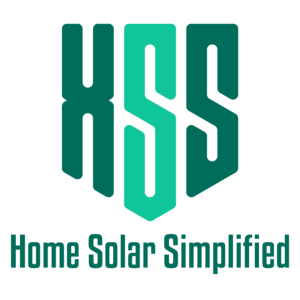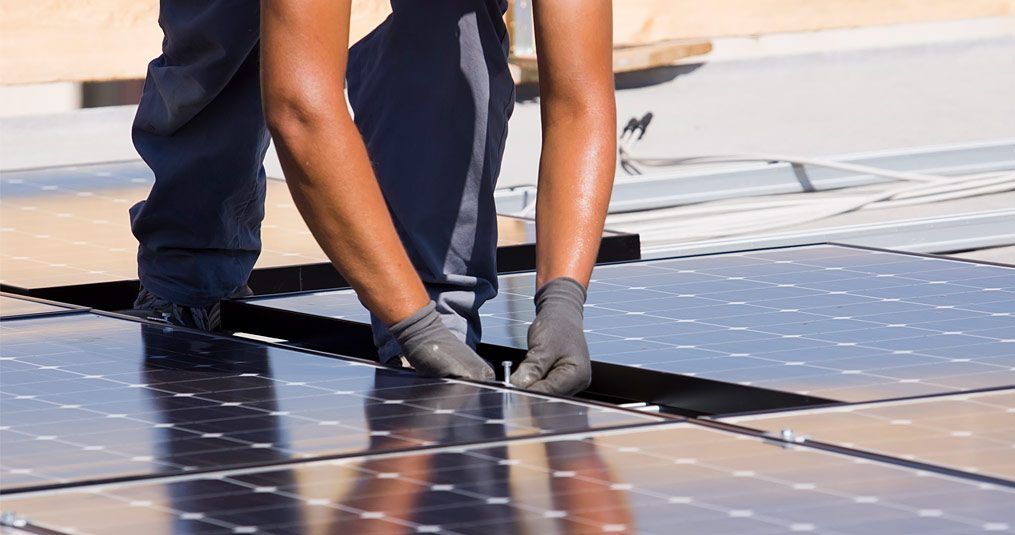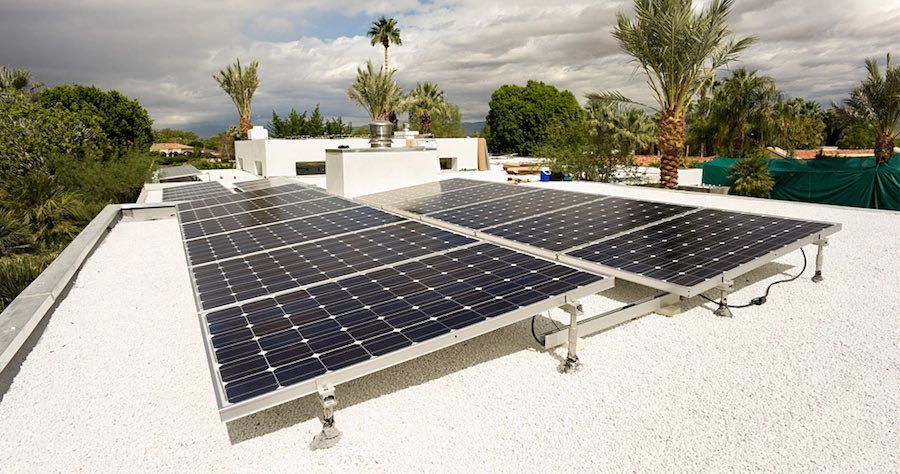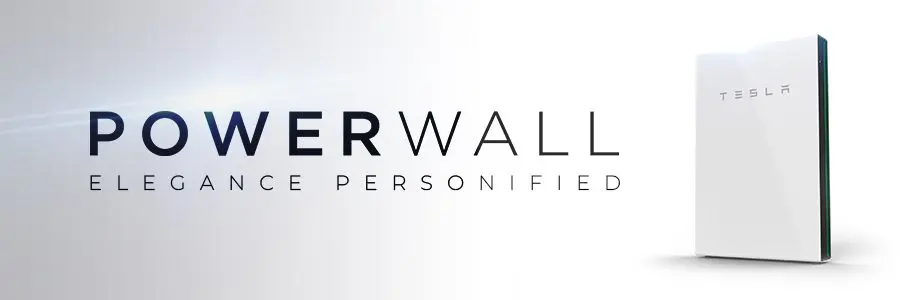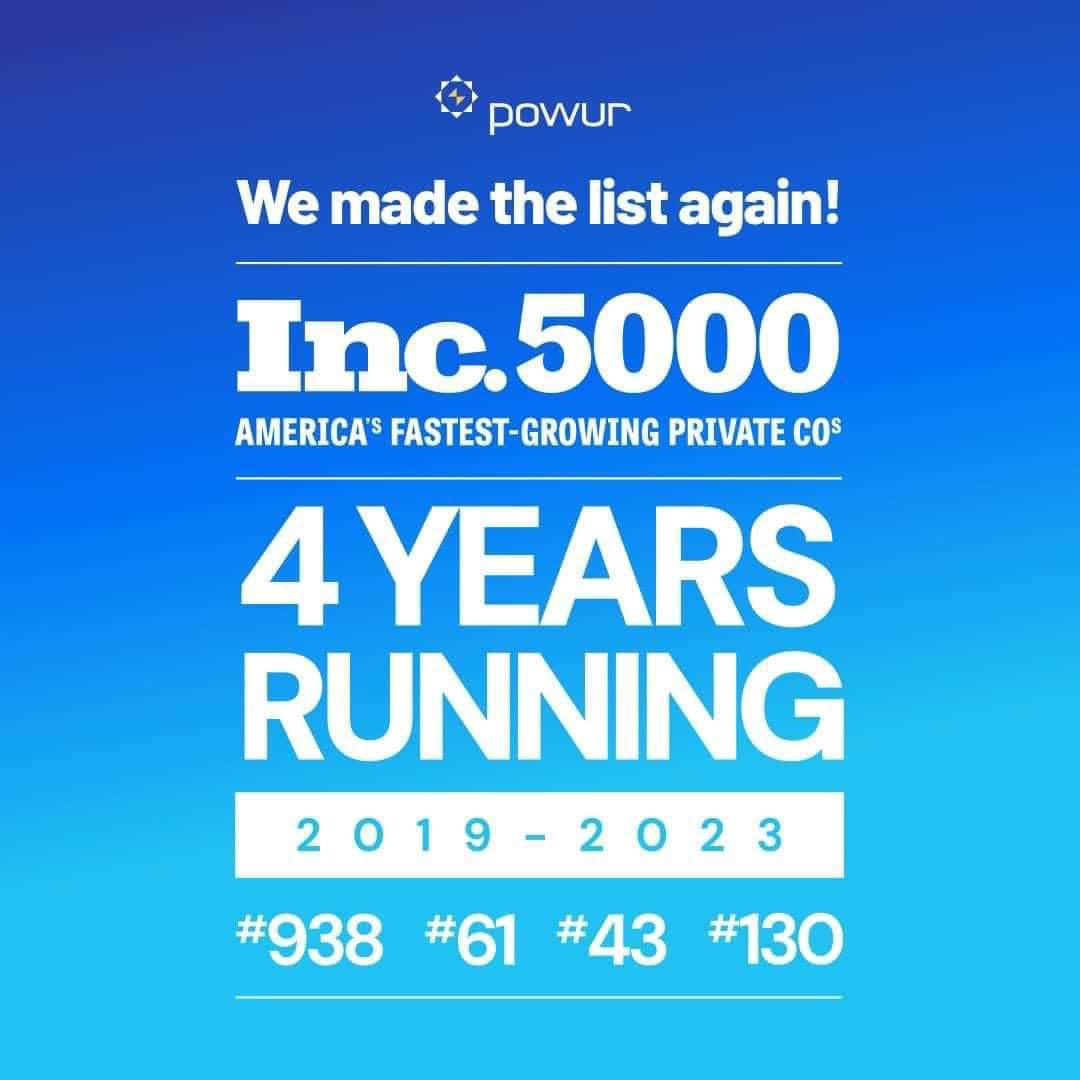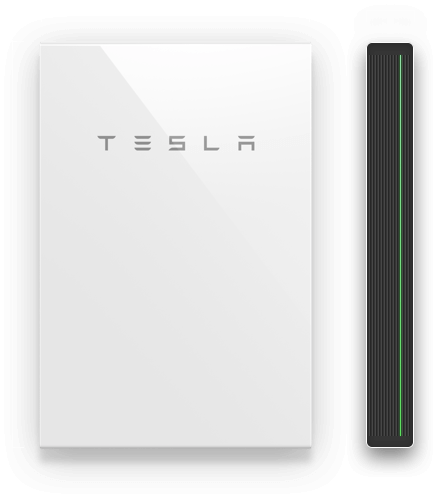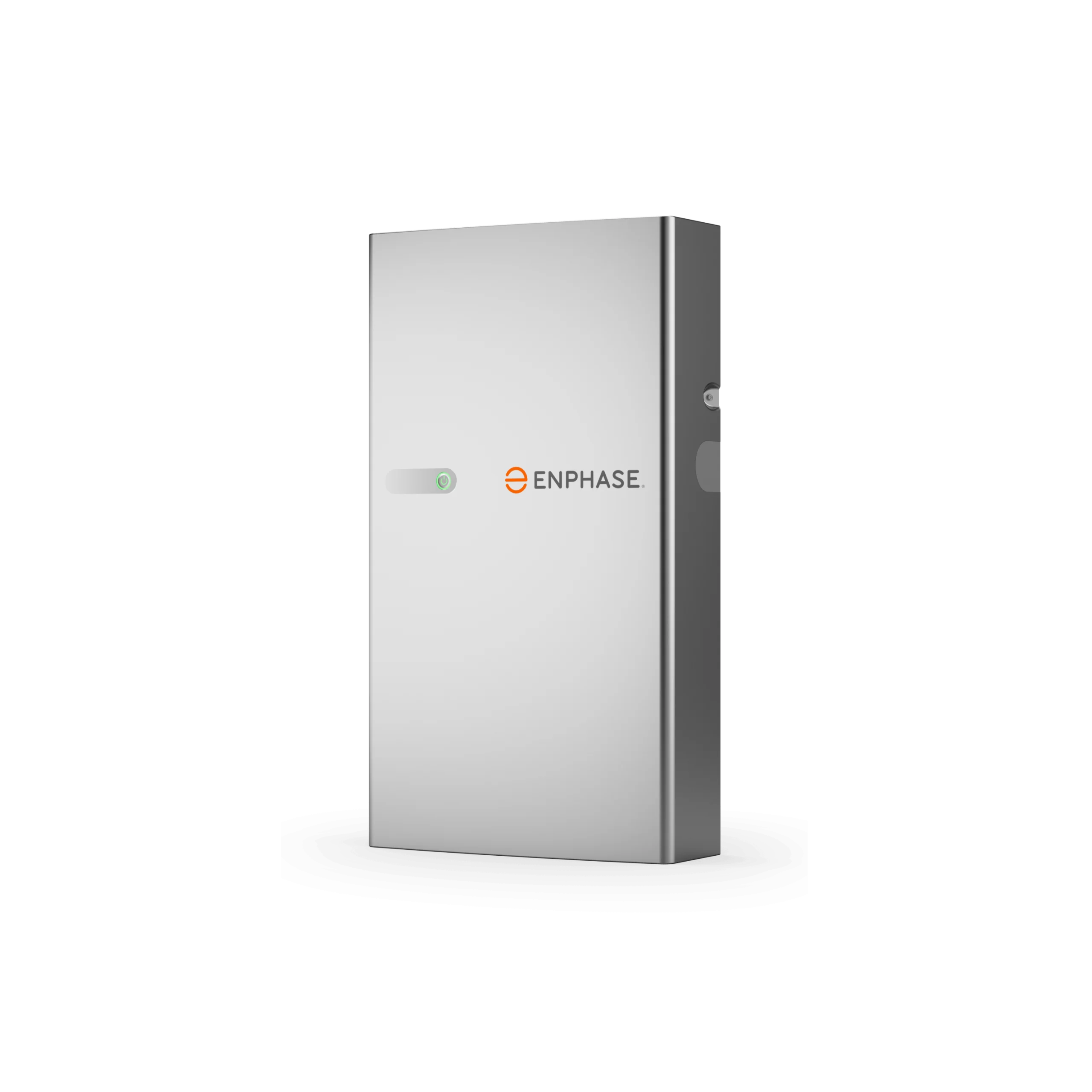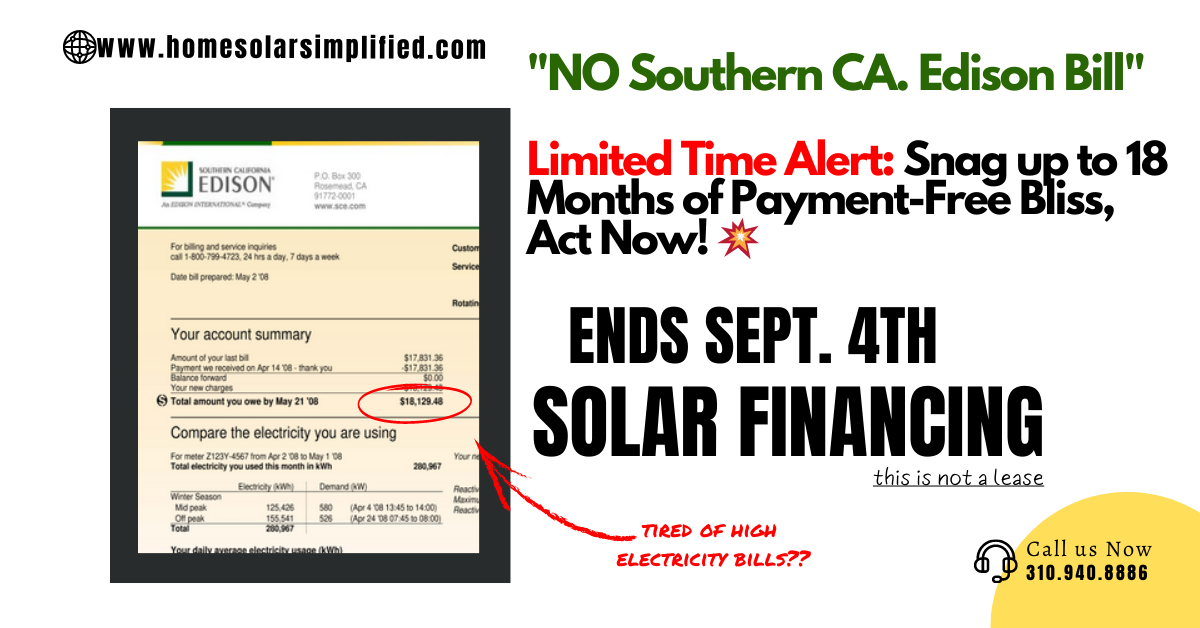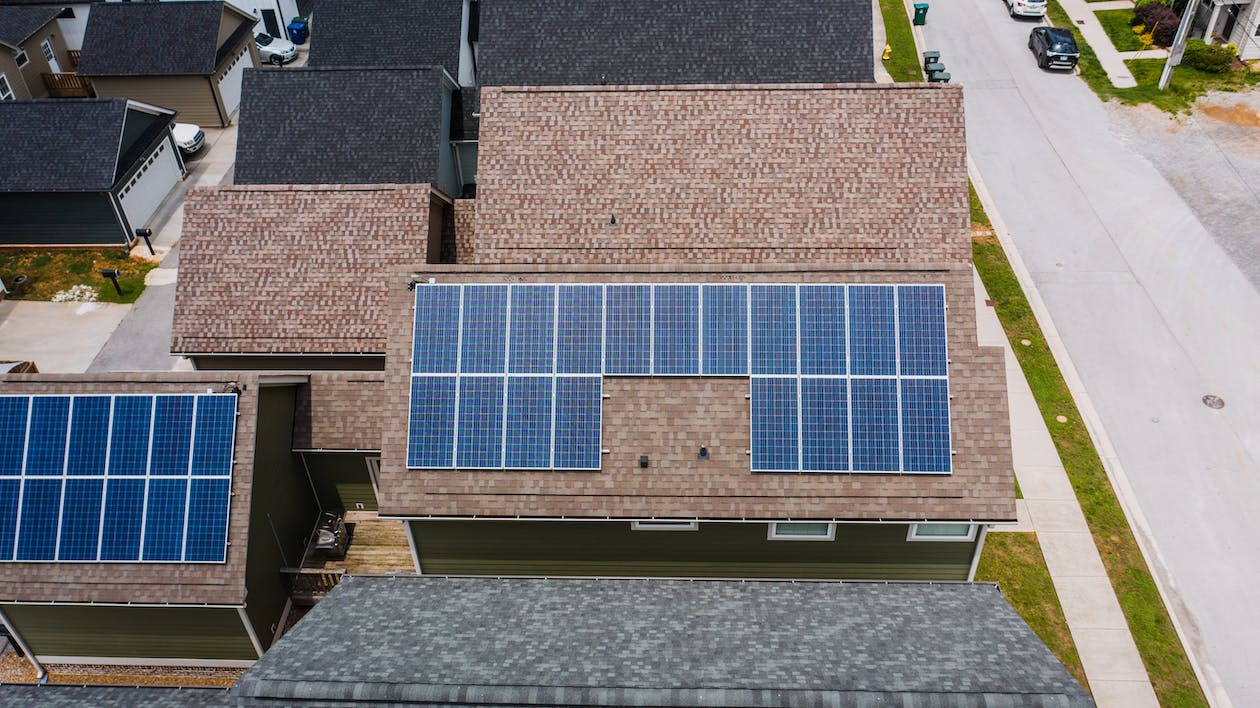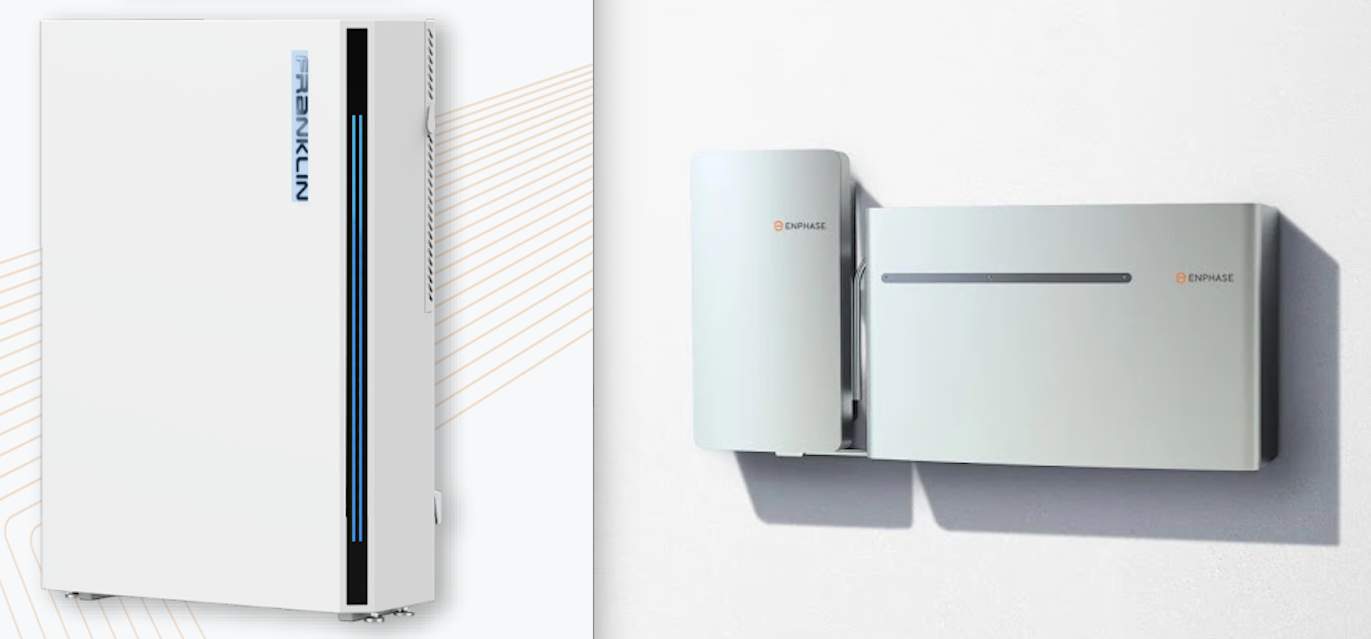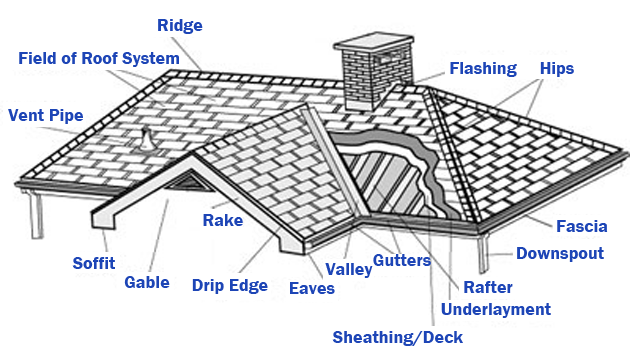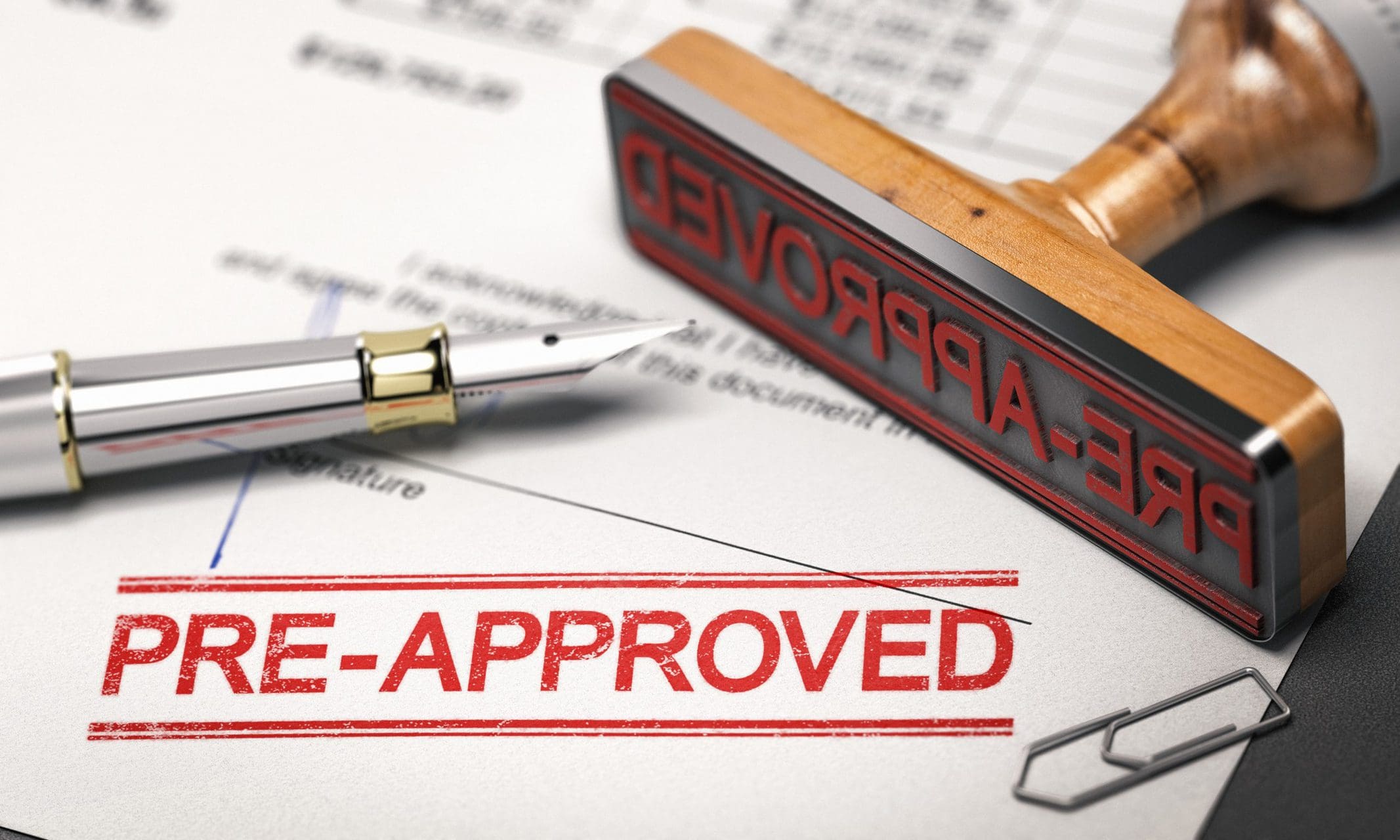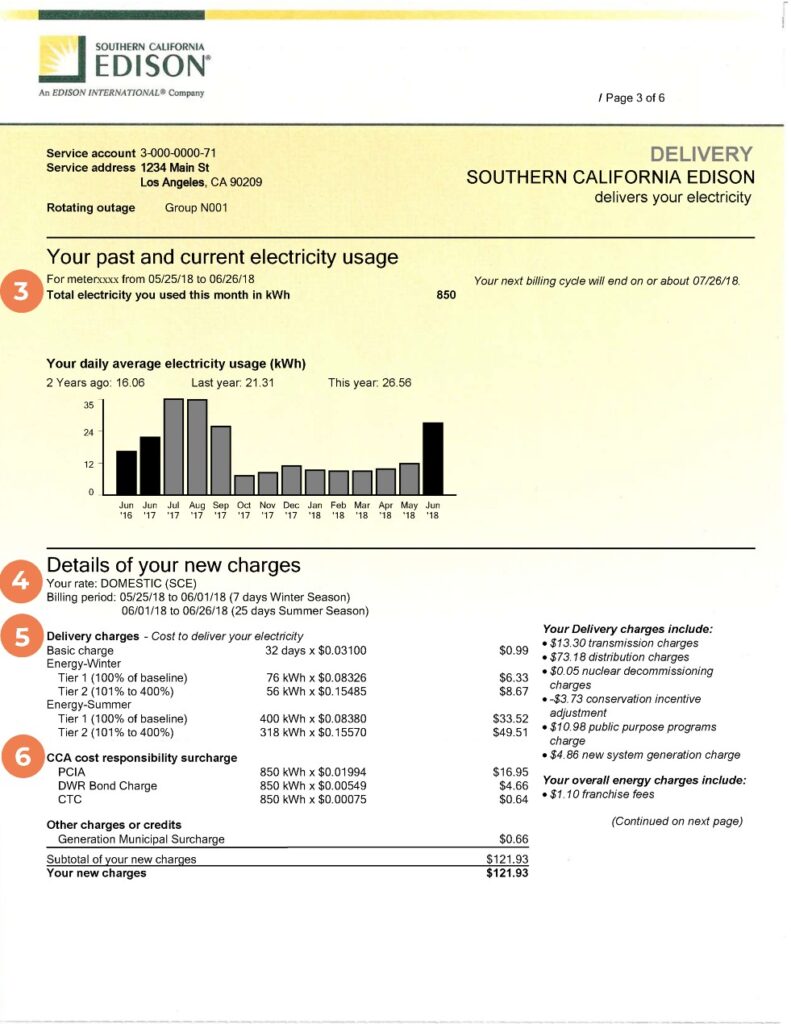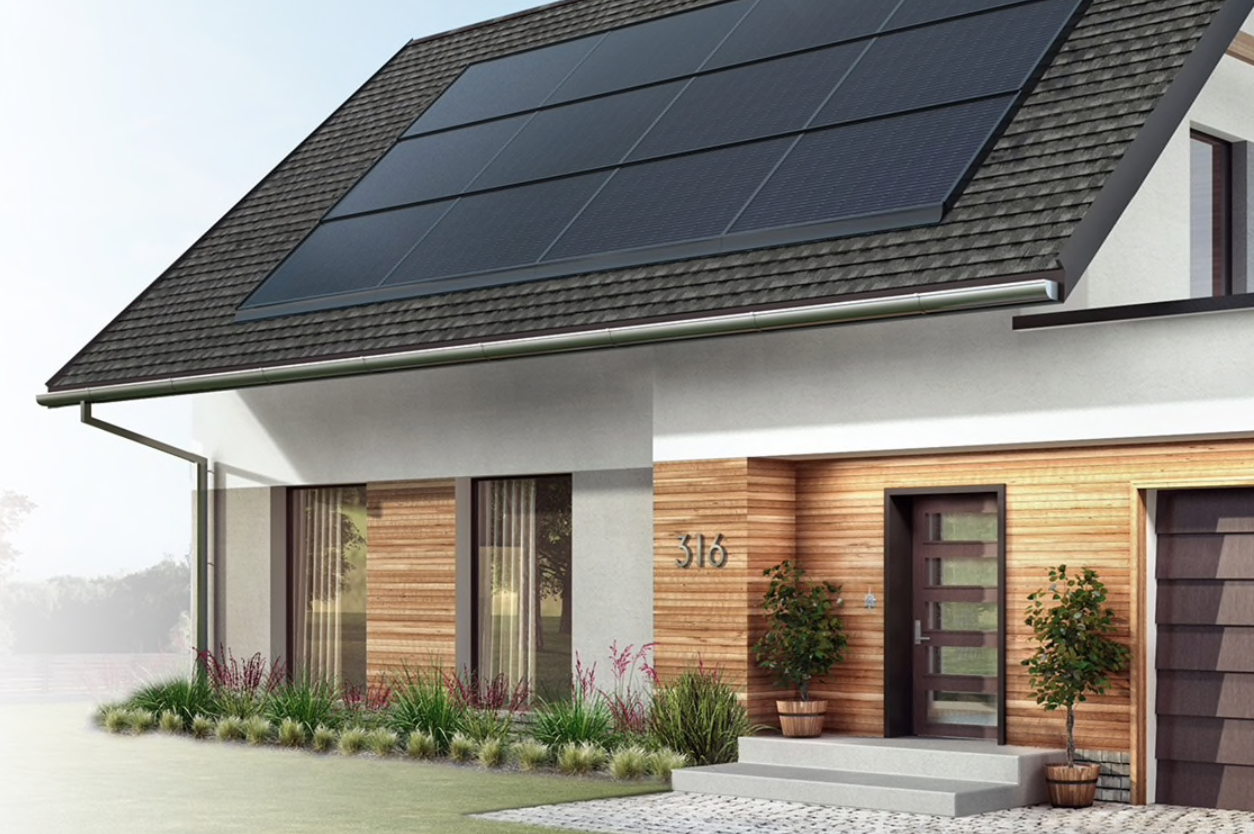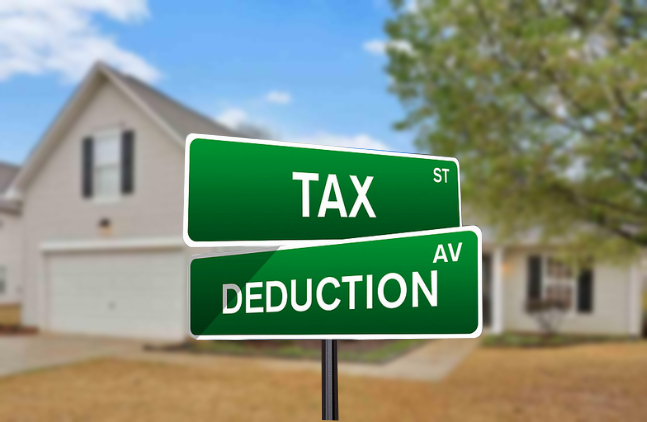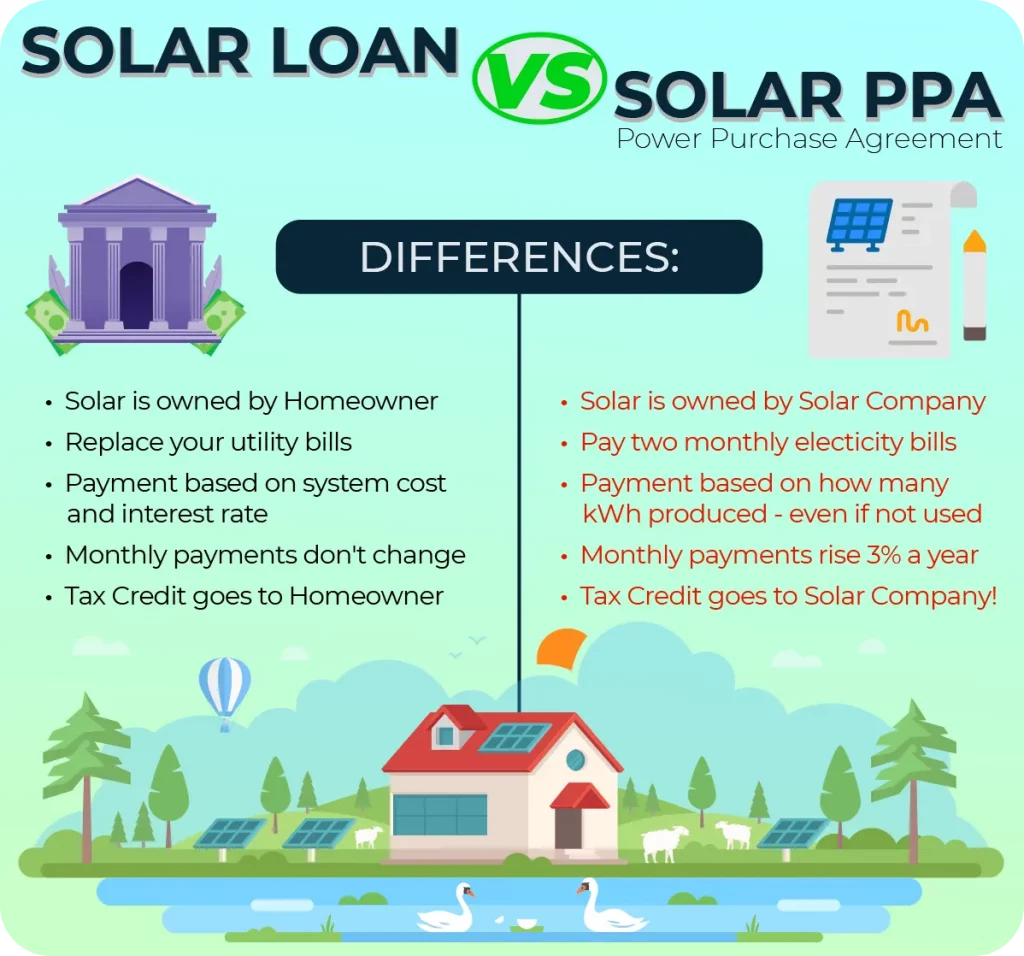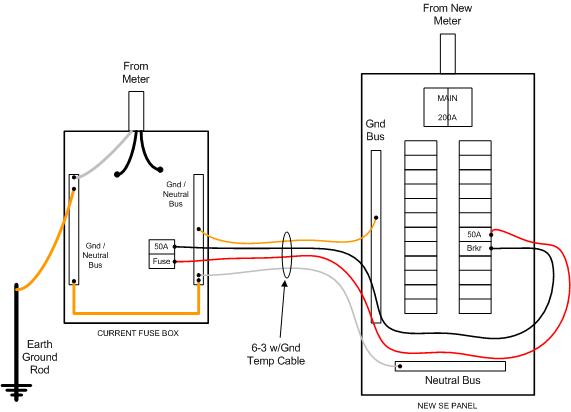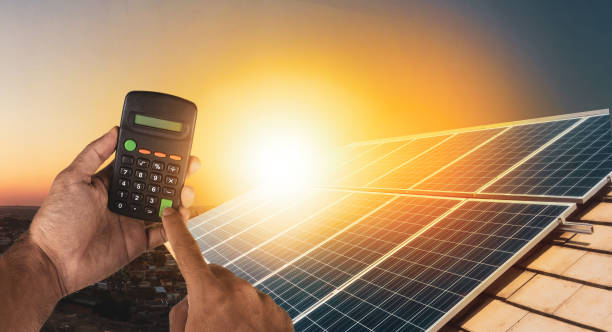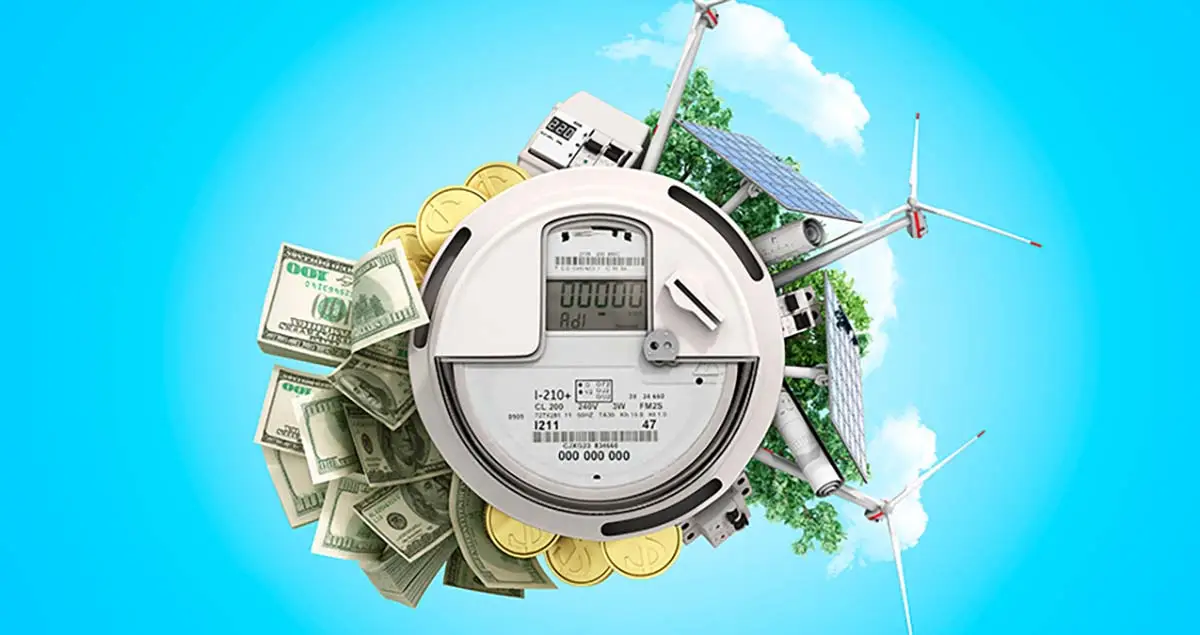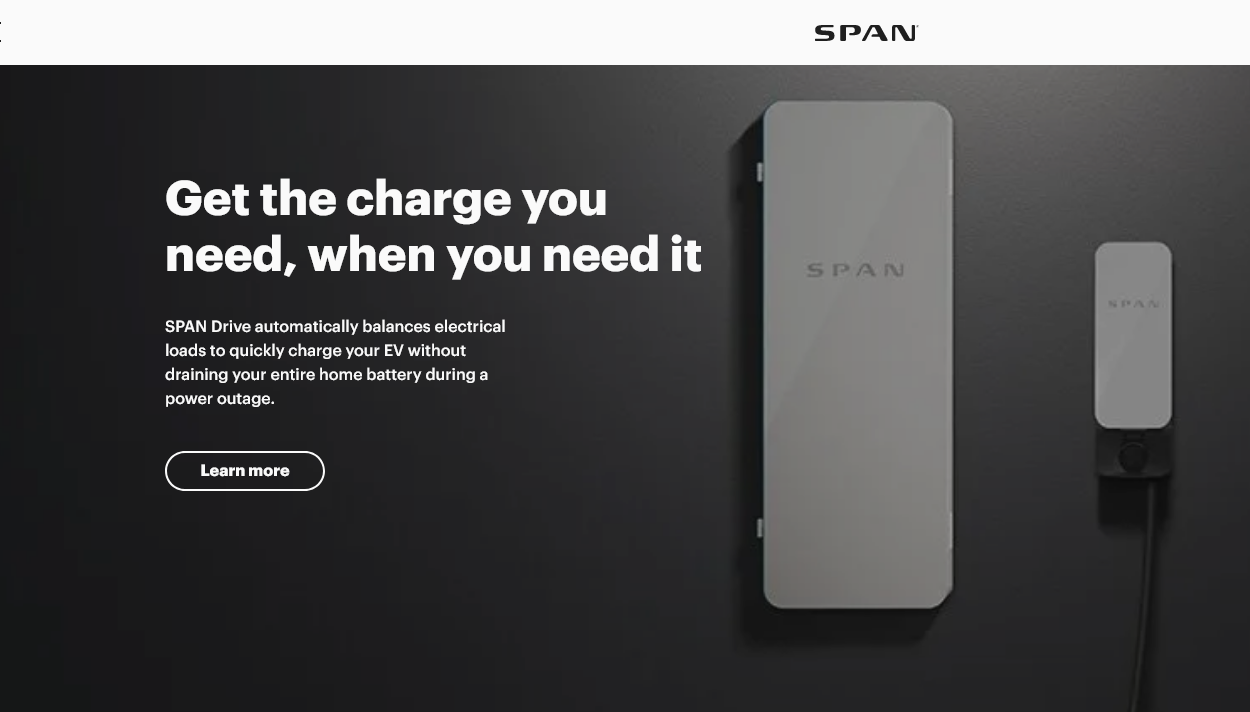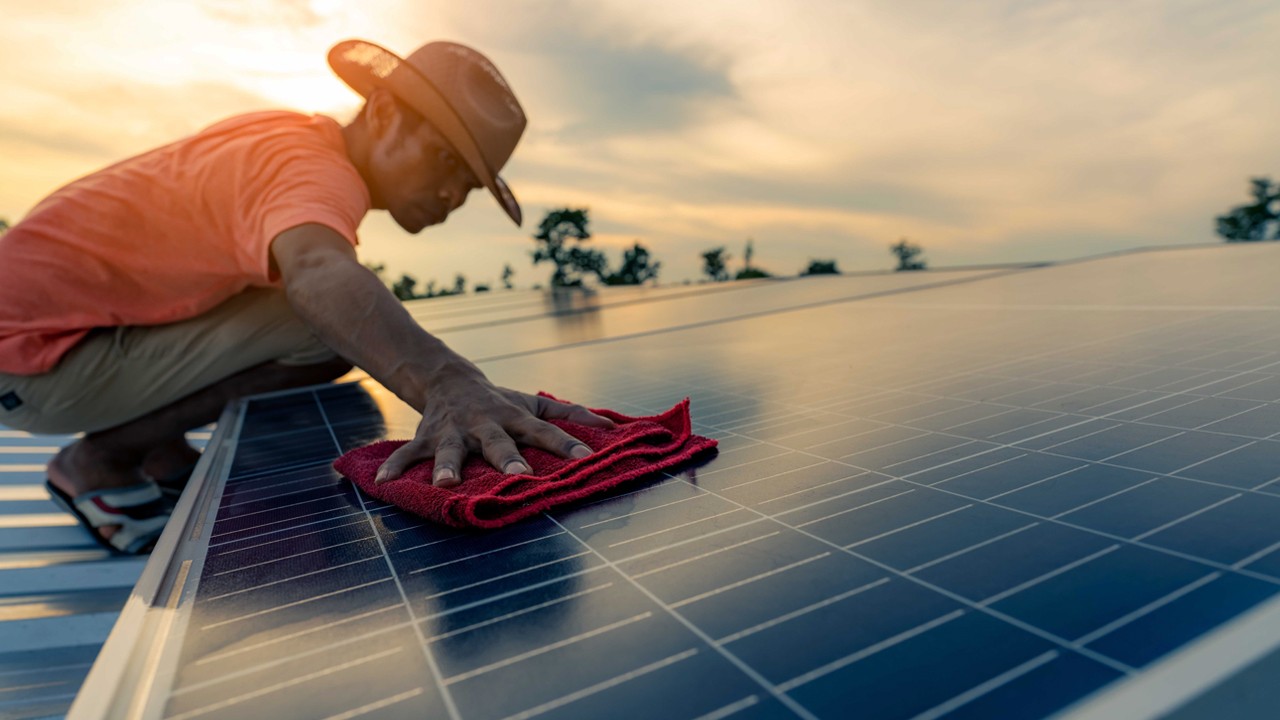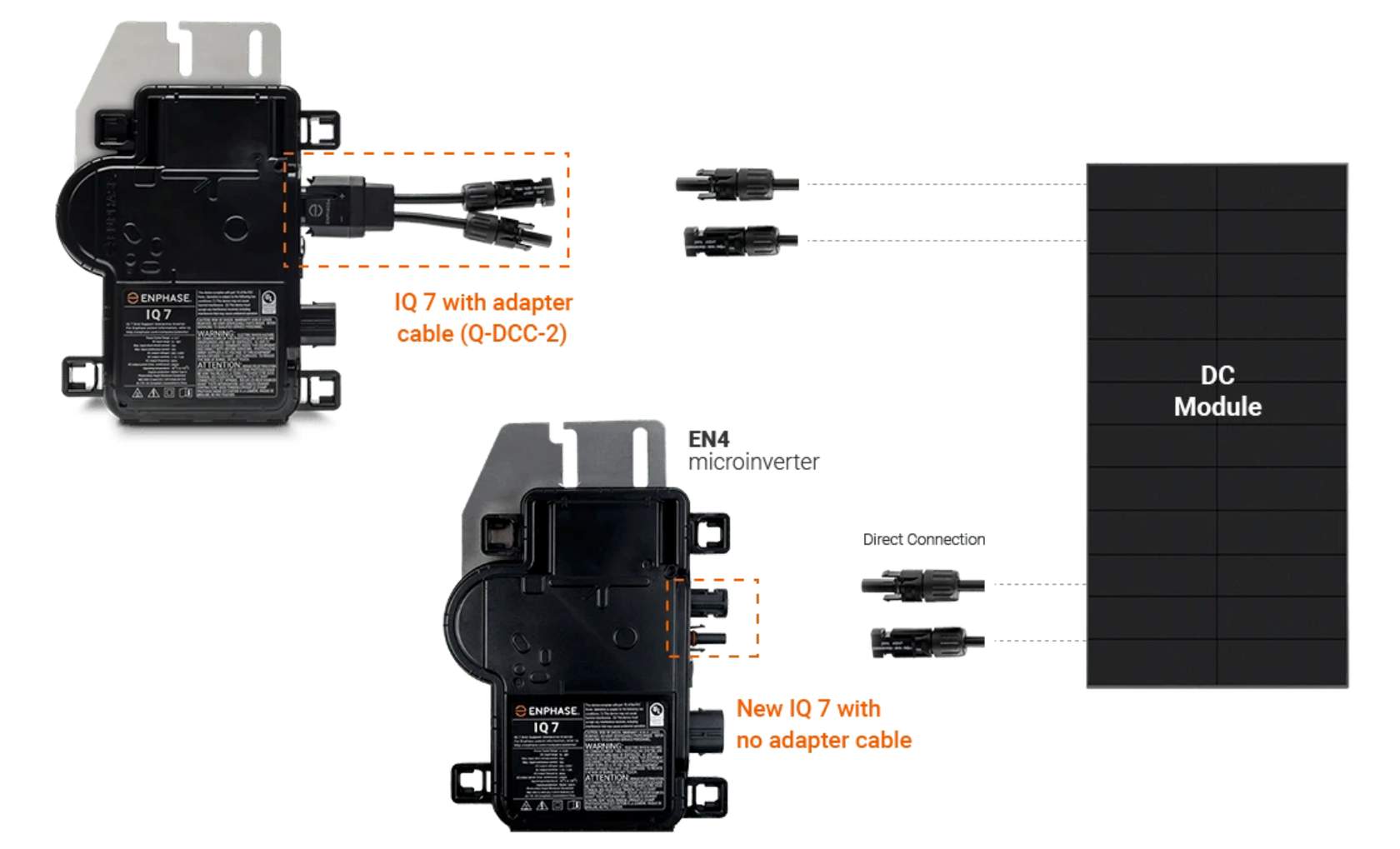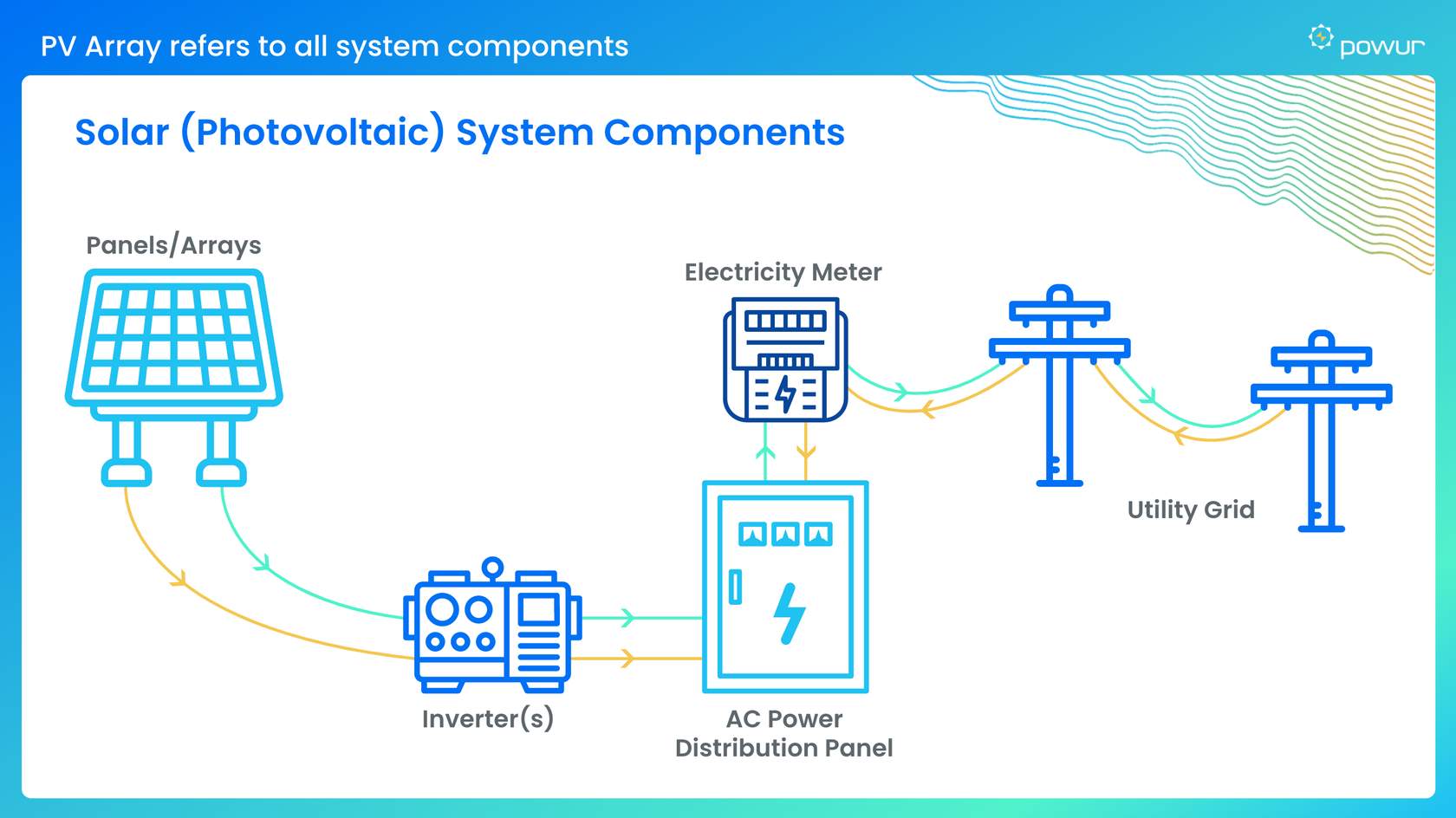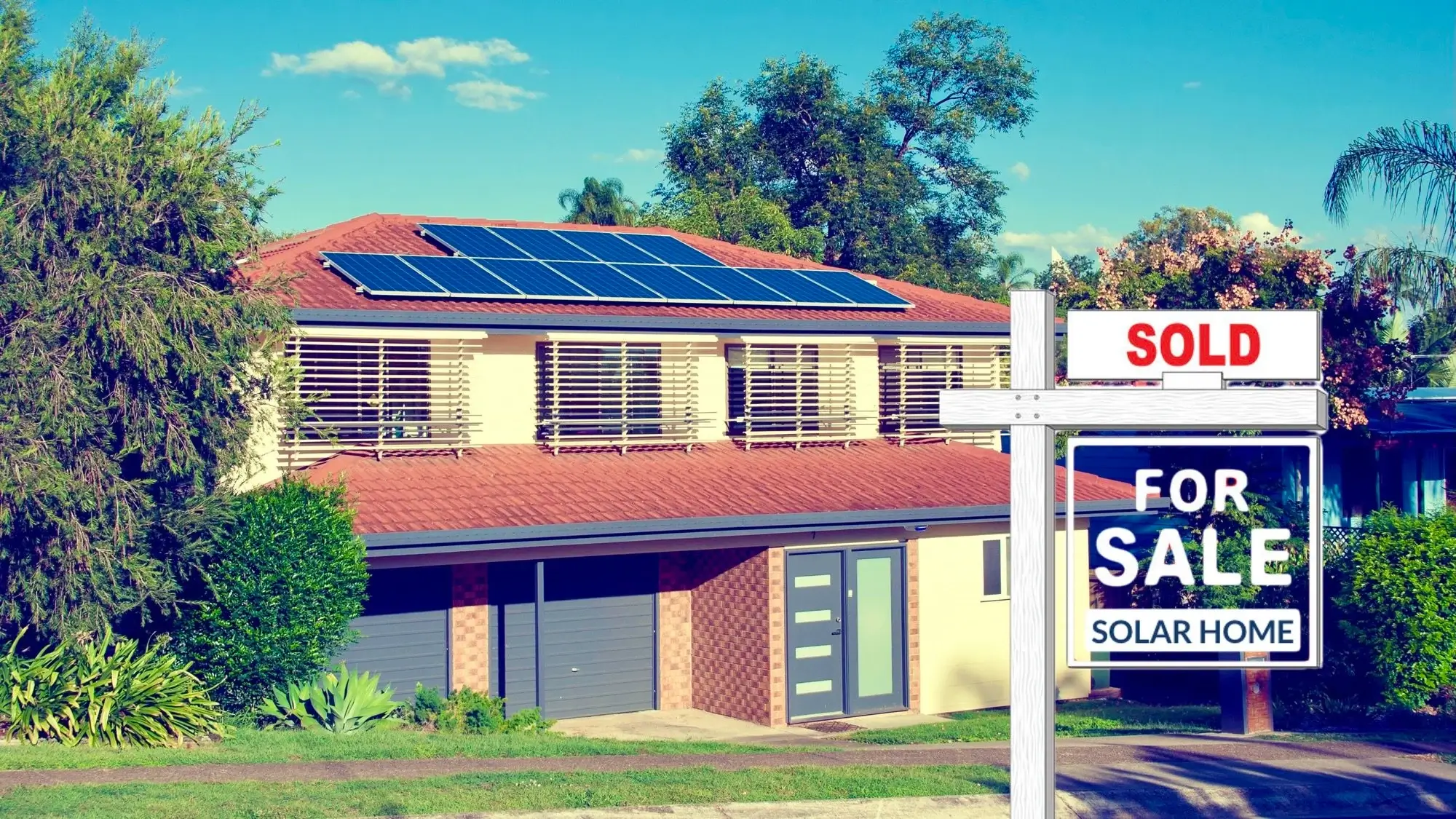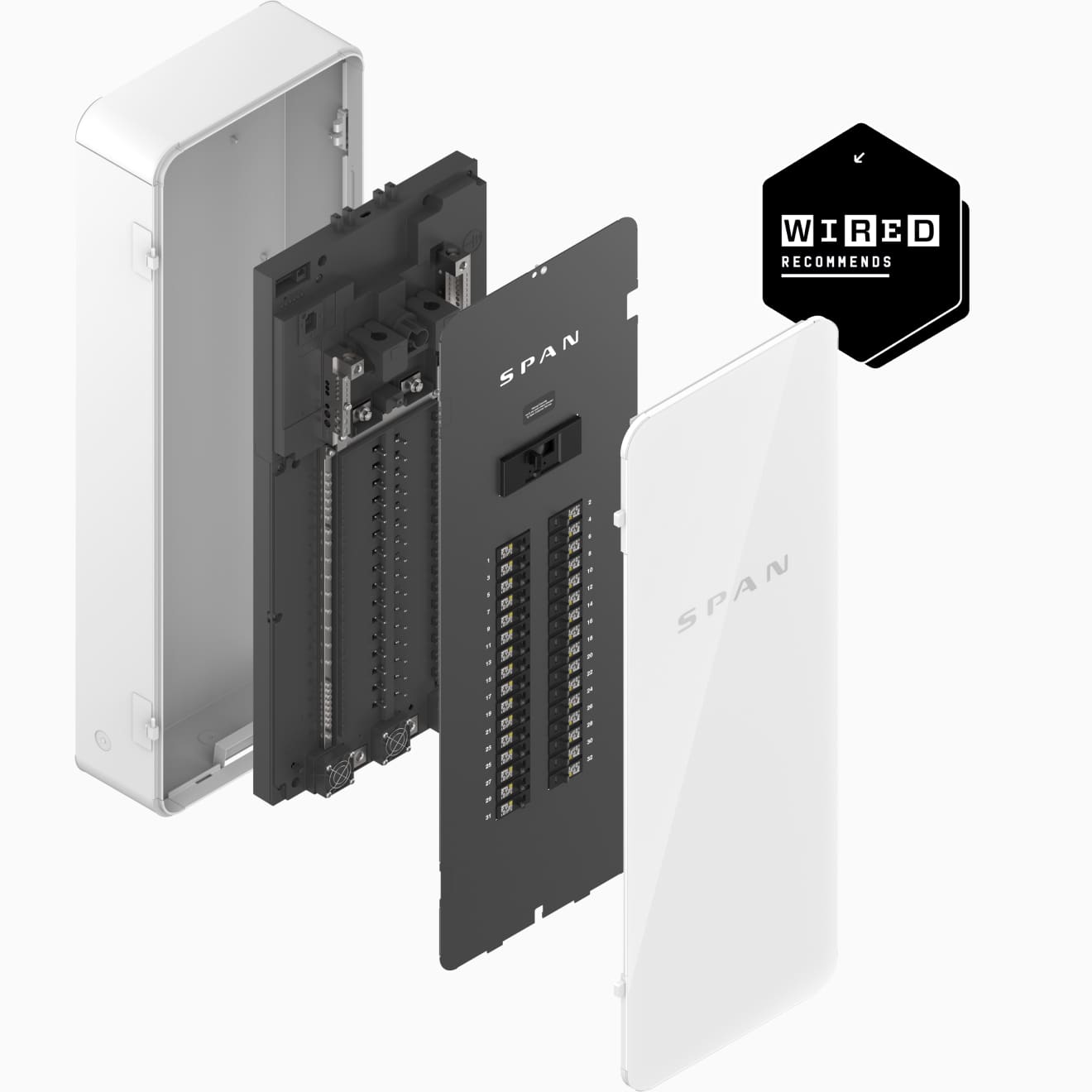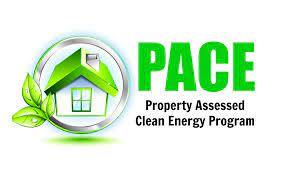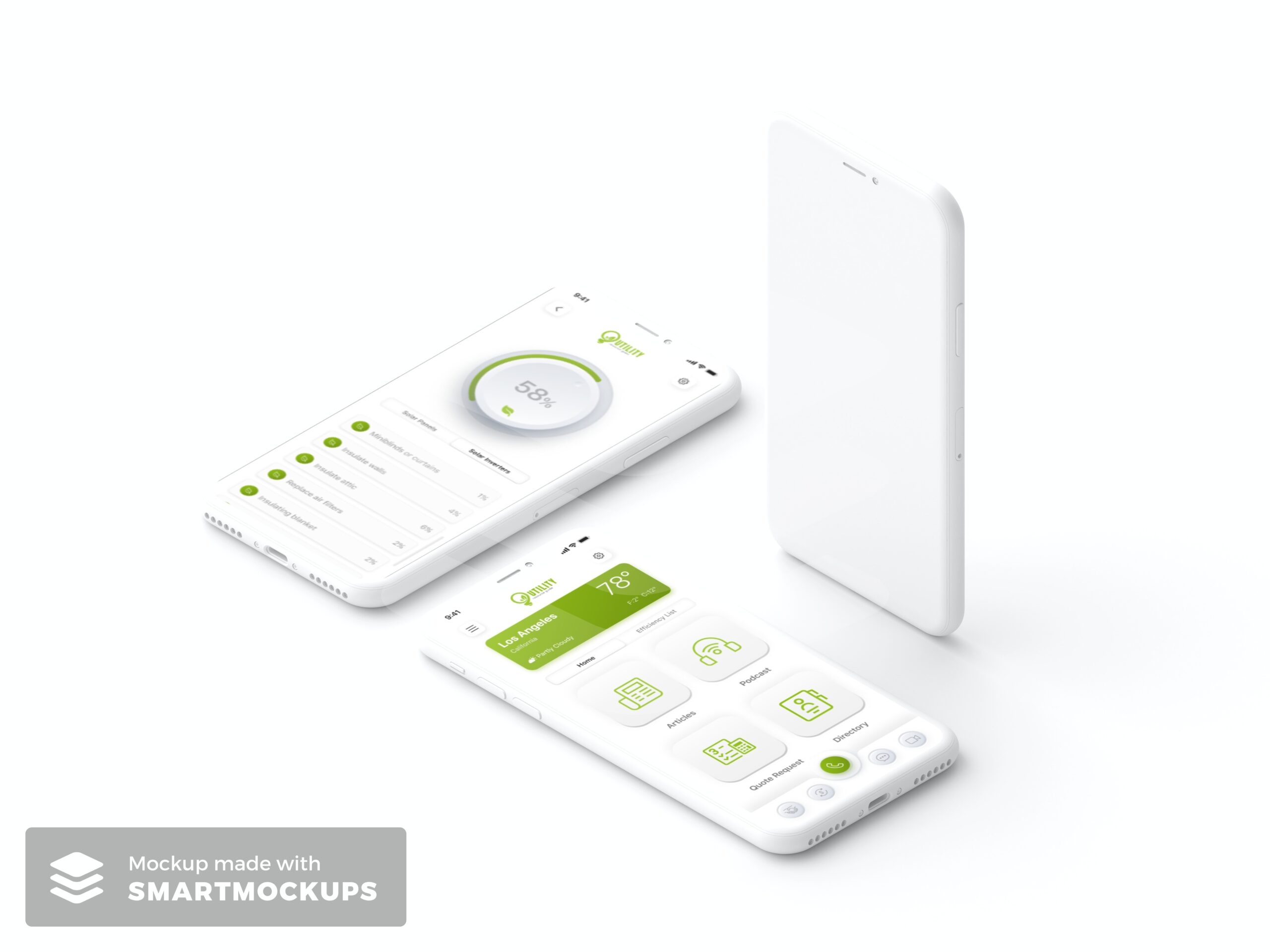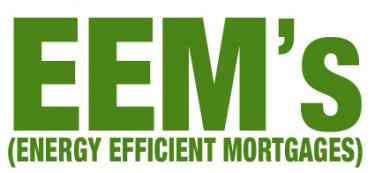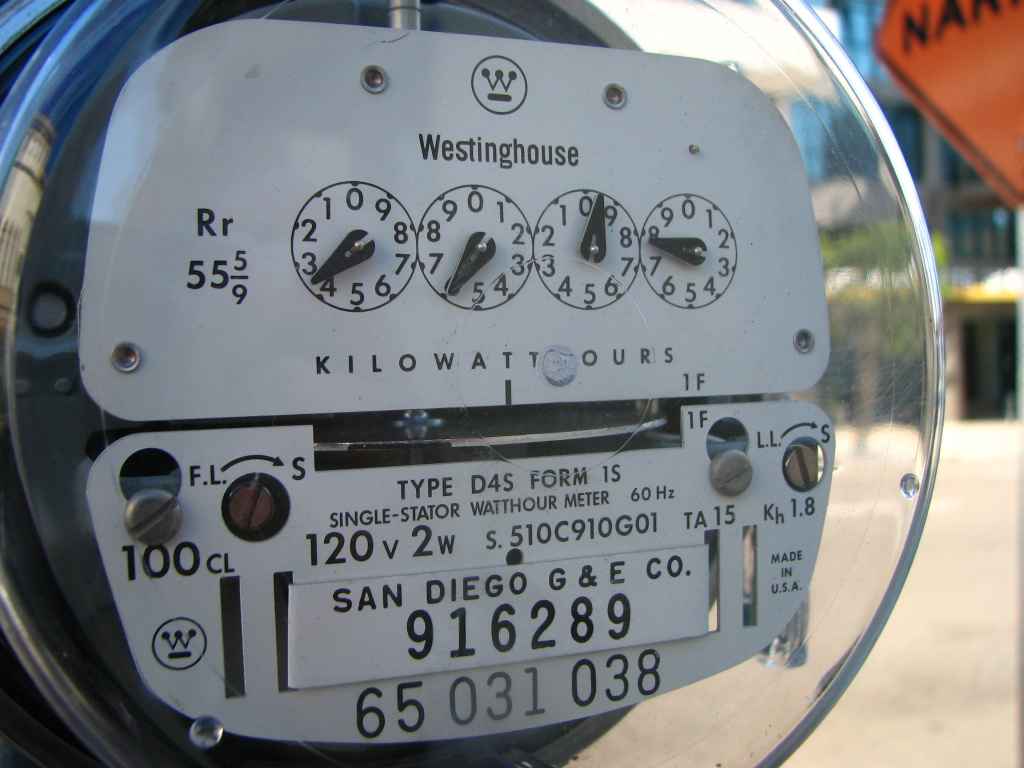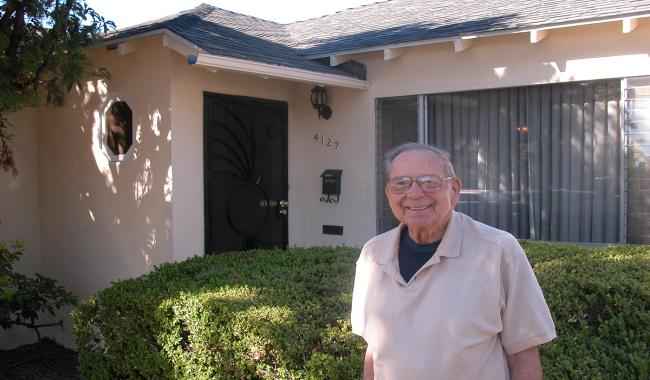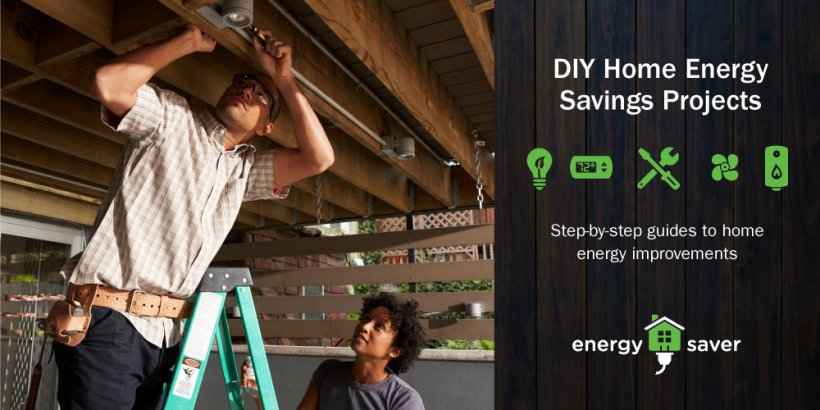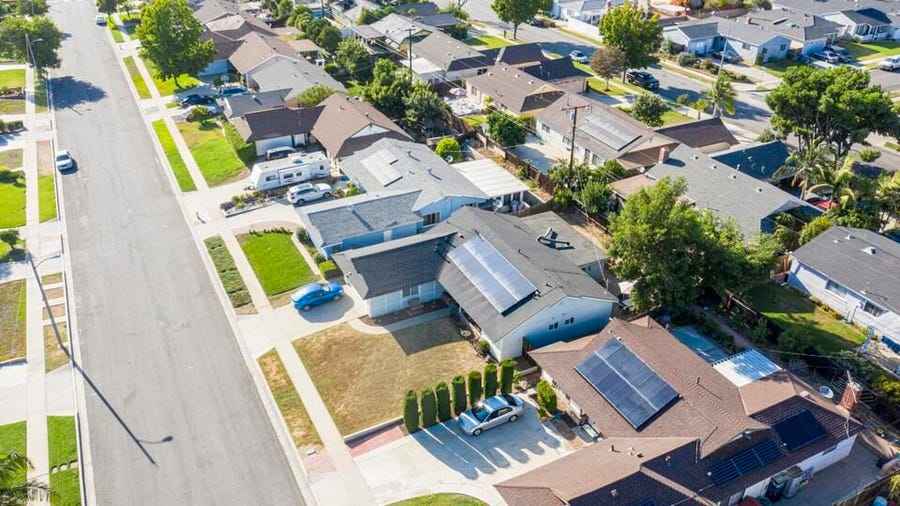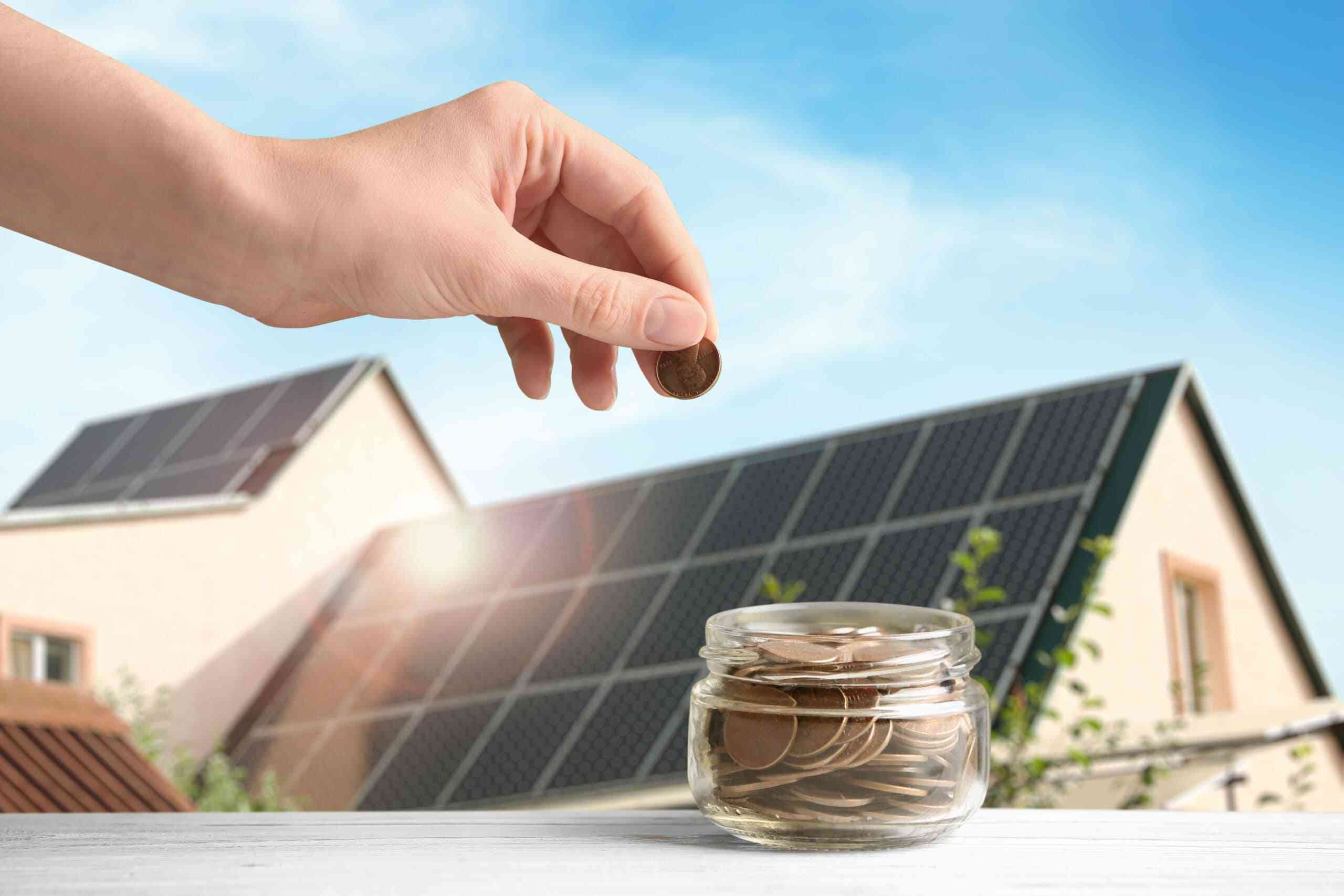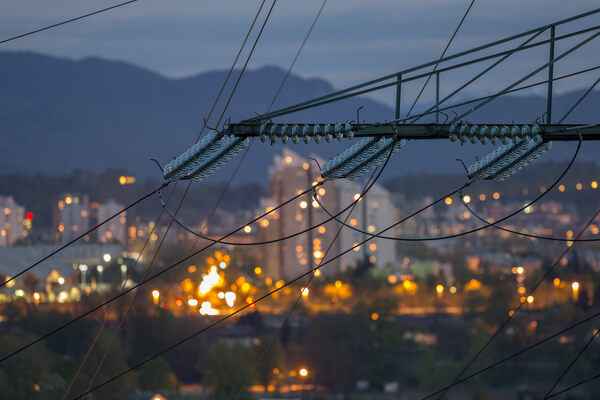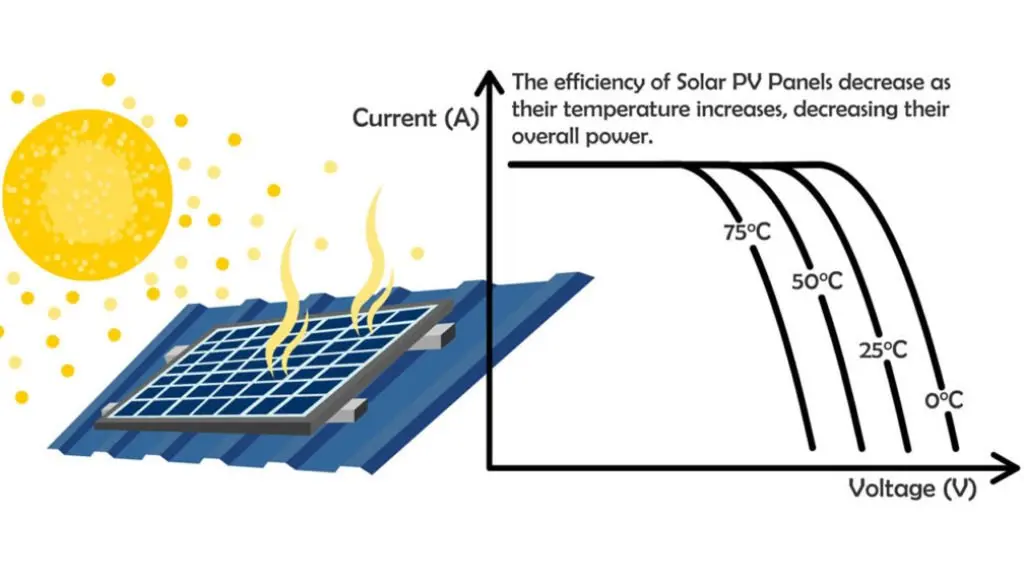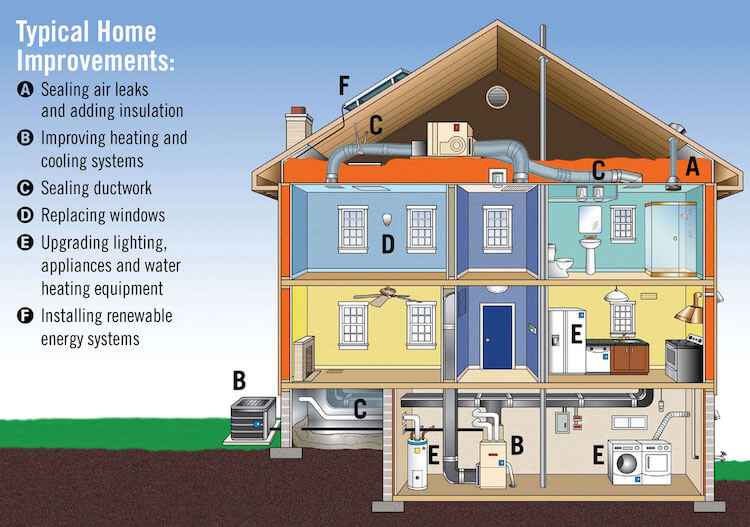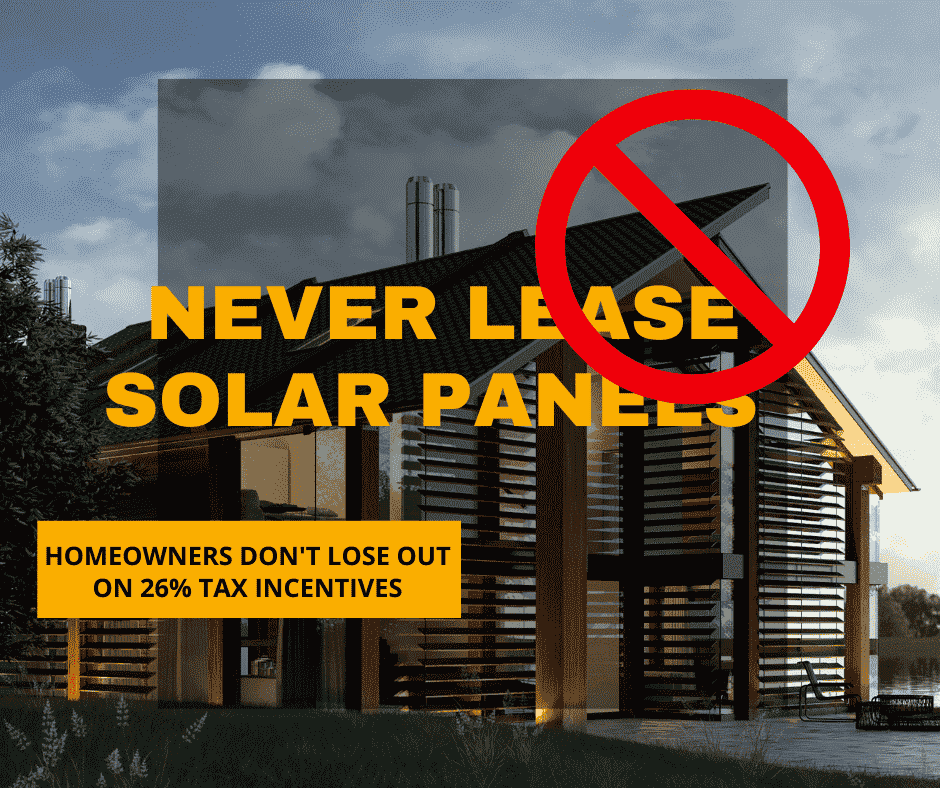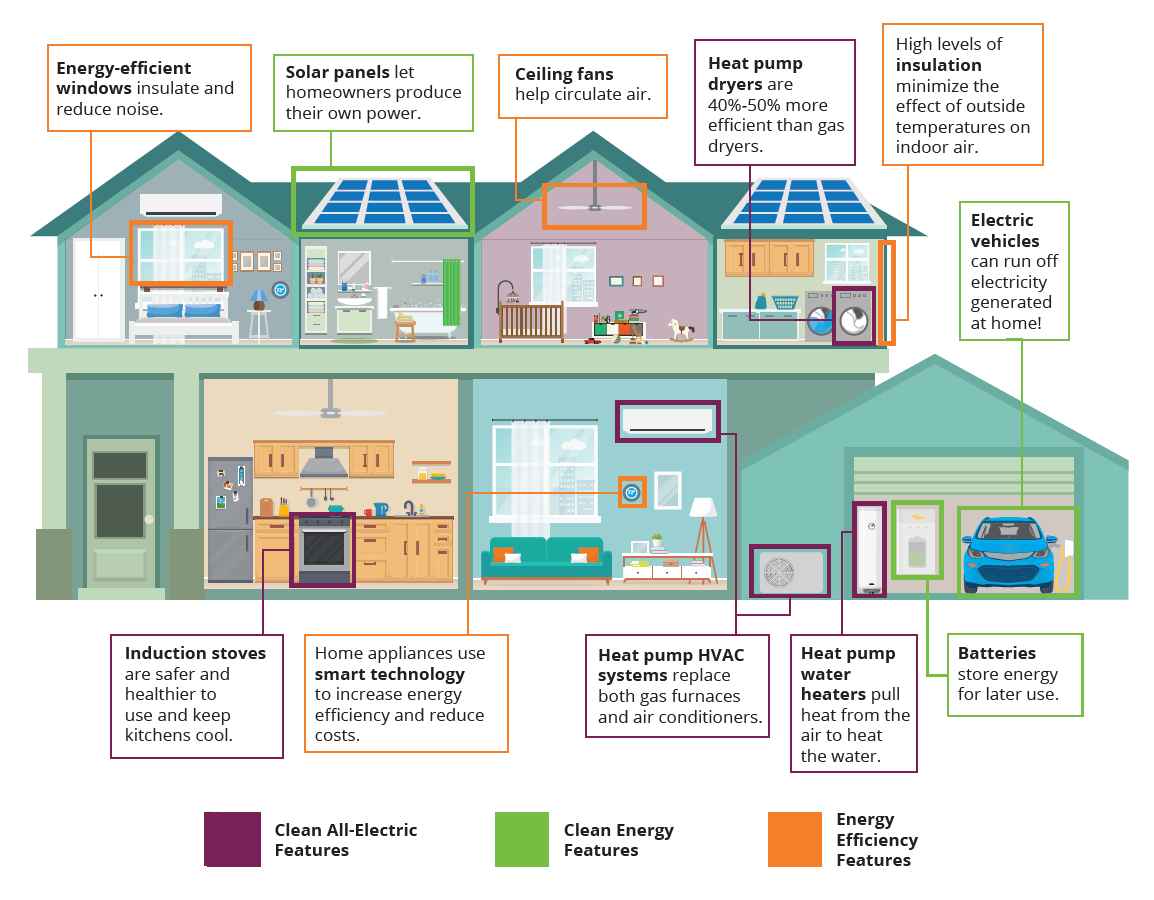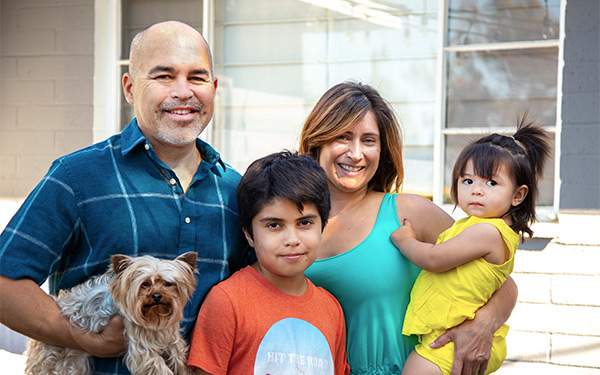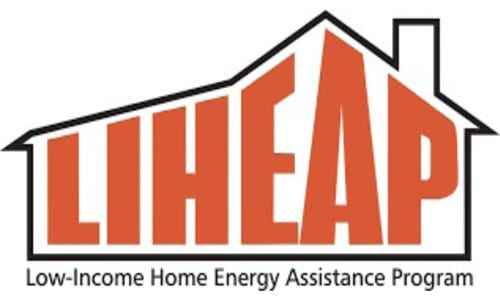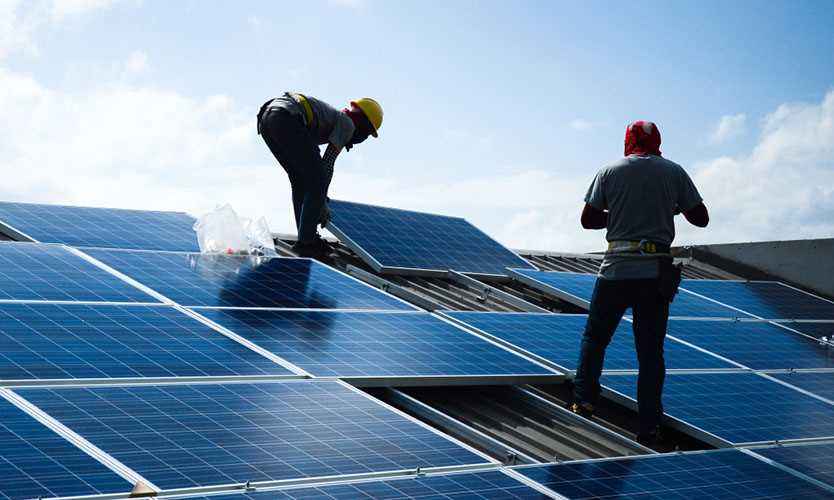- December 6, 2022
- admin
- 0
As the popularity and necessity of solar panels in Southern California rises, so do the solar scams and dishonest sales tactics. Sketchy solar companies are preying on the homeowners in our communities, taking advantage of people excited about improving their home’s efficiency.
Don’t let this happen to you!
We want to help homeowners just like you understand how to identify these shady and aggressive companies doing solar scams. Keep reading to learn about California’s most common solar scams. We’ll also give you some tips for identifying a trustworthy and legitimate solar system installation company.
Protect yourself from solar scams in California. Learn about common solar scams to avoid when considering solar panel installation.
High-Pressure Tactics
If a solar salesperson offers a limited-time offer or another tactic meant to force you into a quick decision, beware. This is a common strategy among scam artists who want to get as much money out of you, as quickly as possible.
A pushy contractor may also ask for instant payment, requiring you to pay a hefty cash deposit before they leave your house or get off the phone. This “sign at all costs” mentality often feels like harassment and many homeowners will give in just to get these salespeople off their back.
Solar panels are a big decision. You have the right to fully understand your options and do some research before committing. A trusted solar contractor will never pressure you into a sale, and they’ll also be more than happy to answer all your questions and help you understand your purchase.
Posing as a Government or Utility Representative
Recently, California has seen an uptick in telemarketing calls from solar scammers posing as government or utility workers. The goal of these fake phone calls is to schedule a free energy audit of your home.
Many feel pressured to go through with the audit since it’s being suggested (at times demanded) from a so-called trusted authority. Once the sales team gets to your home, they’ll try to sell you solar panels, still under the guise of something mandated by the state.
Learn some background information on the company to ensure they’re trustworthy and legitimate.
Promising Huge Tax Credits
Another sneaky tactic these scammers use is throwing around promises of big federal tax credits. While it’s true you may receive tax breaks as a result of installing solar panels in your home, these companies typically promise huge amounts of money.
These shady sales people may even try to reel you in with the promise of cash grants. They’ll throw around big numbers and confusing terminology. This type of solar company often leaves homeowners feeling stressed and confused.
Before you get caught up in the promise of massive tax credits, take a moment to do some research. Understand what tax credits and rebates are provided in California so you won’t get taken for a ride.
Failing to Deliver
Another issue Southern California homeowners experience is hiring solar companies who either don’t do the work they promised, or do it poorly. The homeowners pay the deposit or even the full amount…and that’s when things take a turn for the worse.
Some companies will completely disappear and never show up to install the solar panels. Others install the panels, but use poor quality products that start falling apart after a few months. Another tactic they’ll use is to never turn the solar panels on or delay city inspections for months on end.
The best way to make sure this doesn’t’ happen to you is to research the company beforehand. Never sign a contract or pay a deposit without first looking at customer reviews. You should also look into the type of solar panels the company uses.
Offering Unrealistically Low Prices
Dishonest solar companies will try to hook you with incredibly low prices or a Zero Down Contract. This is especially typical of door-to-door canvassers. The goal of these salespeople is to get you interested as quickly as possible, and they know people are more likely to be interested in something affordable.
The problem is, the final amount you end up paying is almost always more than what is originally promised by these sketchy sales teams. An unrealistically cheap solar panel installation can also be the sign of using cheap products. At the worse, your panels won’t be approved by a city inspection.
To avoid getting caught in this sales trap, get a feel for how much solar panel installations cost in your city. Just remember, even though solar panels are an investment, they don’t have to break the bank. Finding the right solar company is key to getting the best price and quality for your money.
Getting Started without a Signed Contract
A trusted solar company will always provide you with a free estimate. This quote will outline how much you can expect to pay after all is said and done. However, this estimate is NOT a contract!
Some sketchy solar companies in Southern California will try to begin working before all contract papers are signed. This can lead to a higher bill than expected. Always make sure you’ve signed a contract that outlines both the cost and the work you are paying the contractor to perform.
If a contractor attempts to get on your roof and begin working without your permission, call the police.
Promoting Leasing Instead of Buying
Leasing solar panels rather than buying them is only good for one person– the owner of the solar company. If any solar company tells you differently or pressures you to choose a leasing option, beware.
Buying your solar panels not only reduces your average kilowatt per hour cost, it also offers a number of other long-term benefits, including:
- The ability to receive state and federal tax credits
- Increases your property value
- The ability to lock in flat monthly payments
What to Look for in a Solar Installation Company
It’s unfortunate that so many shady solar companies exist. These shady contractors give the whole industry a bad name and often discourage homeowners from moving forward with solar panels at all.
The truth is, there are honest, trustworthy solar companies out there. Don’t let the bad apples discourage you from reaping the many benefits of solar energy. As you’re researching solar companies, look for these qualities:
- Experience in the local community
- More positive than negative online reviews
- High quality product with a manufacturer’s warranty
- Solar panel leasing options
- Financing options
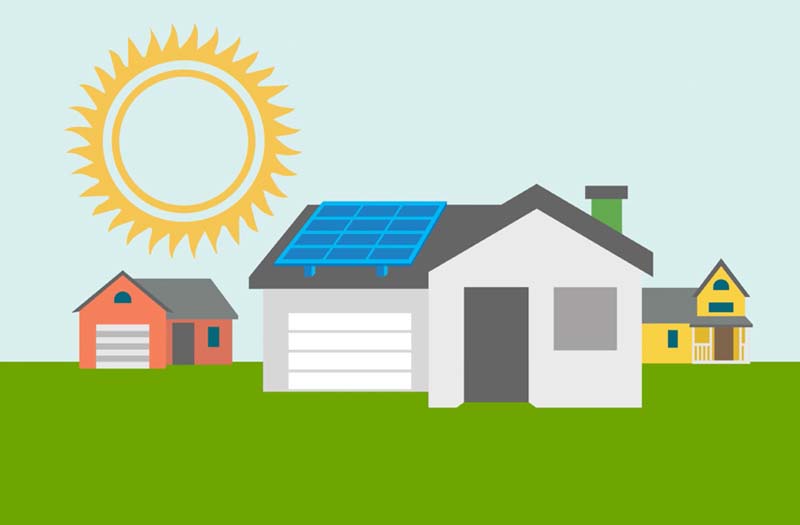
Getting ready to “Go Solar”?
Check out the California Solar Consumer Protection Guide.
Steps for Going Solar
Step 1: Get Informed
Setting your home up with solar technology can reduce your energy bill and your carbon footprint. We have the information and resources to help you get started.
Who: You
How: Be sure to read the California Solar Consumer Protection Guide to understand the steps involved in going solar, know your rights as a solar customer and obtain information to decide if going solar is right for you. You can also check out our Ready to Go Solar fact sheet for additional information.


Step 2: Consider Energy Efficiency First
You can save money in energy by taking simple efficiency measures—like swapping old incandescent lighting for CFL or LED bulbs—to reduce your overall use.
Who: You
How: Consult our Home Energy Guide to find energy-saving solutions, and visit the SCE Marketplace to get valuable information about smart products, programs and tools.
Step 3: Choose a Contractor
A qualified, licensed solar contractor will provide you with a free home evaluation and comprehensive quote. Obtain and compare multiple bids before beginning.
Who: You
How: If you can, get referrals from friends and neighbors. Search for active solar contractors in your area by using the California DG Stats Search tool.
Another great resource is the SCE Solar Marketplace, an easy-to-use, one-stop shopping service; offering customers a reliable resource to search solar vendors, compare prices of rooftop solar systems, finance options, and receive the benefit of having multiple vendors bid for their business.

Save $500 Off Rooftop Solar and Lower Your Bill
SCE does not endorse or recommend any solar contractor. SCE partners with GRID Alternatives to promote the Disadvantaged Communities – Single-family Solar Homes (DAC-SASH) program (as described below). If you receive any claim by any other entity or contractor of an affiliation or partnership with SCE, please report to us by visiting Scam Alert and using one of the contact options.


Step 4: Installation
Your solar generating system needs to be installed, permitted and approved for interconnection. Your city or county will perform an onsite inspection and provide the required permit(s). SCE will provide authorization to operate the solar system once proper installation and permitting is completed.
Who: Your contractor
How: In most cases your contractor will coordinate and manage the following activities:
- Apply for interconnection and Net Energy Metering (NEM) with SCE
- Apply for a building permit with the city or county
- Obtain the permit and direct the installation of the solar system
Step 5: Net Energy Metering
Once your solar system is installed, SCE’s net energy meter measures any excess solar energy you generate, sends it back onto the grid and credits your bill. Learn how net energy metering works and how to read your NEM bill.
Who: Your contractor
How: Once your contractor has obtained approval for NEM, your meter will be updated, and you are immediately signed up for the rate plan.
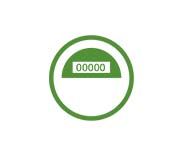
Information on Solar Programs Available to Our Customers
Green Rate Option
If you would like to support renewable power but are unable to install solar panels on your roof, we have an alternative solution for you. By participating in the Green Rate, you help support clean energy for a brighter future in Southern California. Learn more
Income Qualified and Want Solar? SCE Can Help
Homeowners may qualify for a free home solar system from our partner, GRID Alternatives. Find out if the Disadvantaged Communities – Single-family Solar Homes (DAC-SASH) program, a state of California program for low or fixed-income families, can help you. Your home must be in a DAC to qualify. Learn more
Do You Rent and Still Want Solar?
If your building owner participates in the Solar on Multifamily Affordable Housing (SOMAH) program, you as a tenant will see a credit from the solar production on your electricity bills. Learn more
I personally would never agree to a Zero Down Contract. You’re basically signing a 25 year contract in which you as the homeowner will never benefit from the tax credits and will have trouble if you ever decide to sell your home.
